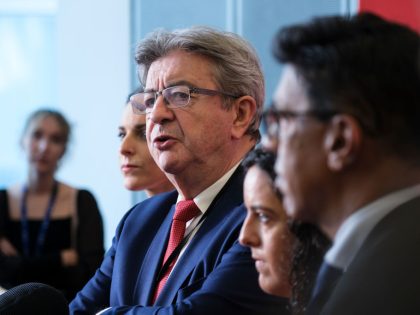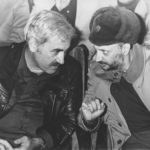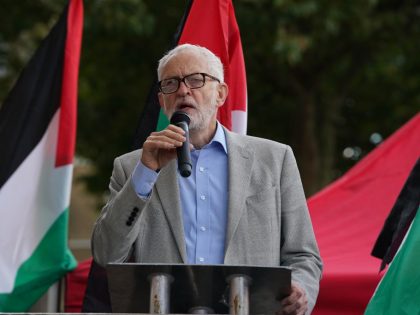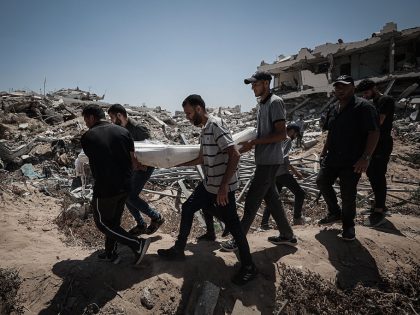
Pro-Palestine Protesters Are on the Right Side of History
Like those who protested the Vietnam War, the college students currently protesting Israel’s vicious assault on Gaza are in the right. Future generations won’t look kindly on those who used the moment to smear campus protesters as “antisemites.”

















